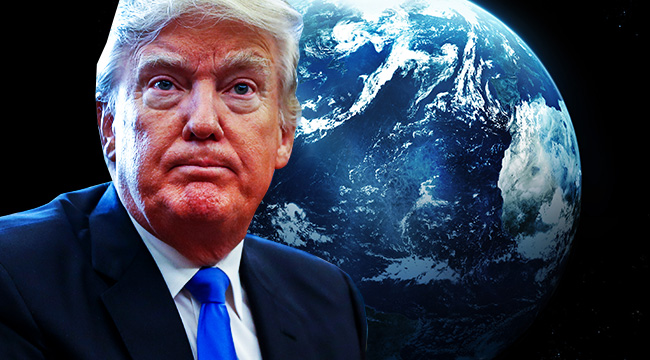
What are the health effects of climate change? That’s an open question, but we know they exist. It’s a topic of interest to everyone from Bill Gates to the Department of Defense. But, for now, the Centers for Disease Control are uninterested in finding the answer. Or, more accurately, they may be worried that the President is uninterested in that discovery.
It was recently revealed that days after the election, the CDC canceled a major conference it had been co-organizing on the potential health effects of climate change for months. While it may be rescheduled for later in the year, no explanation was offered, and when the Associated Press dug into the story, they got an answer from the conference’s cosponsor, the American Public Health Association, that was far from reassuring:
“They had no idea or not whether the new administration would be supportive,” said [Dr. Georges Benjamin, Executive Director of the APHA]. Rather, the decision was “a strategic retreat,” intended to head off a possible last minute cancellation or other repercussions from Trump officials who may prove hostile to spending money on climate change science, Benjamin said Monday.
This comes on the heels of scientists archiving US climate change data to protect it from Trump and among other fears of scientific censorship swirling in the community. Hopefully, however, the Trump administration is acknowledging the pressure they’re facing deal with climate change, not least because it promises to cost Americans a fortune. At current rates, the US agriculture industry alone will suffer billions in losses.
This, and the fact that the military, as elsewhere in government, climate change is accepted as an apolitical reality, might explain why Scott Pruitt, nominated to head the Environmental Protection Agency, and Rick Perry, nominee to head the Department of Energy, have admitted it’s real, even if they seem unwilling to act on the issue. The question of where that leaves government research on climate science, however, remains to be seen.
(Via Ars Technica)
